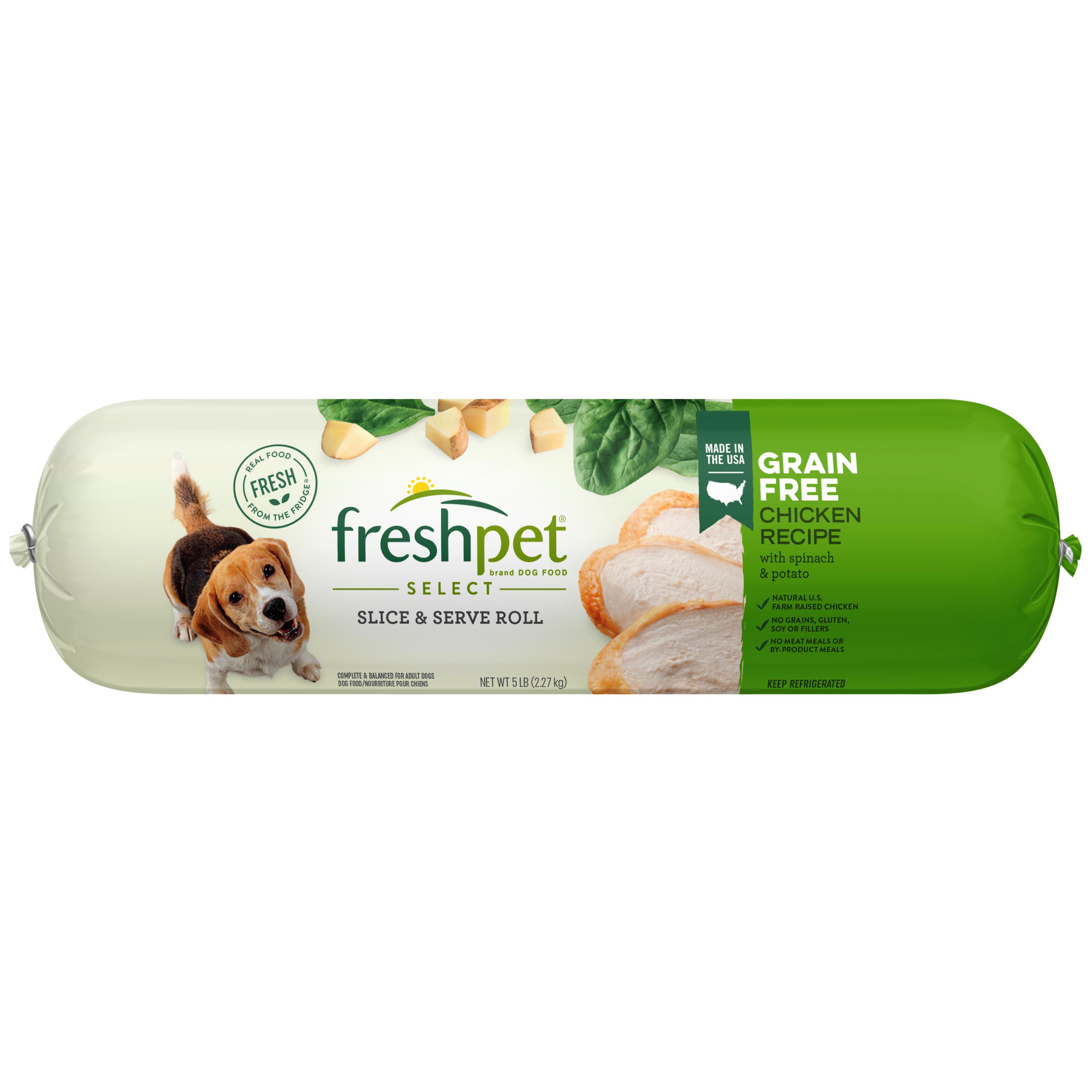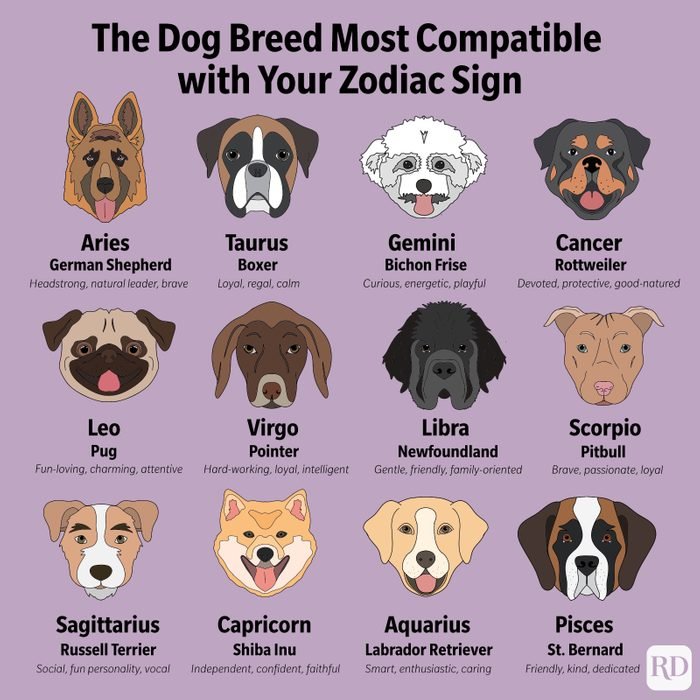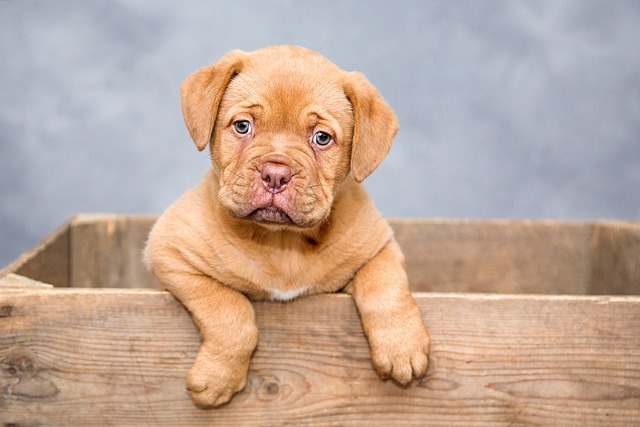
They are not a breed for children.
Bichon dogs are a companion breed that is small, fluffy, and affectionate. They need to be exercised and trained regularly. You should train them gently and consistently. Bichons can be great family dogs. However, they might not be suitable for families with small children. Bichons, being small, can become injured from rough play and snap at scared children.
Bichons do not belong to the toy breed category, although some people might mistakenly believe that they are. They can be as tall as nine-to eleven inches in height. This makes them an excellent choice for apartment living.
They are sturdy
Bichon dogs are hardy and require very little care. They are playful, intelligent, and small. They are also very easy to train. They are great for families with other pets. They can live with older children or other animals and are not aggressive. They may not be the right choice for you if your schedule is busy.
Bichons are a breed with a rich past. The French and Spanish originally used them as herding dogs and sailing dogs. Later they were used as street performers and in circuses. Their intelligence allowed them to be used in shows.
They are affectionate

Bichons are a very affectionate breed of dog. They make excellent family pets. Bichons are also very hardy and small dogs. According to American Kennel Club (AKC), Bichons make up the Non-Sporting Group. While they are mostly white, the puppies are often yellow or cream. Their eyes are black and they have a well-plumed tail. They love to play and they are very affectionate.
Bichon dogs are a great choice for apartment pets, as they are affectionate and friendly. Apartment living is easy with their friendly disposition and ability to get along well with children.
They are hypoallergenic
Bichon dogs are a great choice for those who are allergic to fur. They are gentle and easy to care for, making them a great pet for anyone with allergies. They are hypoallergenic, which means that they will not cause allergies.
Bichon dogs have a curly, short coat without an undercoat. This type of coat will shed less than other types of dog hair, making them ideal for people who are sensitive to dander. These dogs need to be groomed frequently to remove any excess hair and prevent allergens.
They are not a suitable fit for families that have young children.
Bichons can be dangerous for young children. These dogs require constant attention and grooming. They cannot be left alone. Owners should make an effort to give their dogs the care they need. This breed is a great companion for older children, regardless of their age.

This breed is energetic and large, so it is not suitable for families with young children. They can weigh up to 30 kilograms, and the males can grow up to 60 cm tall. The females can weigh around 20 kilograms.
They are at risk for serious health problems
Bichon dog breeds are susceptible to various diseases and health conditions, especially in their later years. Heart disease is one of the leading causes for death in Bichon Frises. Heart failure is usually caused by the weakening of a heart valve. This leads to leakage of blood back around the heart valve. Every year, it is important that your pet be checked for heart conditions.
Hip dysplasia, a serious condition in Bichons, is another. This is a common cause of pain in the rear legs. Bichons might have difficulty adapting to normal hip joints. If the condition continues untreated, it can lead to arthritis.
FAQ
What do you do if your dog bites somebody?
You should first check that the animal you are being attacked is not rabid. If this is impossible, you can call for help. Do not try to resolve the situation on your own, as you may be seriously injured.
If the animal is not aggressive but does bite, then take it to a veterinary clinic. Your vet will examine it and advise whether further treatment is needed.
In most cases, rabies shots will be required. These should never be administered by you. Only a qualified person should be able to do this.
How much money should I spend on a pet?
A good rule of thumb is to budget around $200-$300 per month.
This can vary depending on where one lives. You would spend $350 per Month in New York City.
But, in rural areas, you may only need to spend about $100 per month.
You need to make sure that your pet has quality toys and collars.
Also, consider purchasing a pet crate. This will keep your pet safe when he is being transported.
Should I get a puppy or a kitten?
This depends on you. Some people like kittens while others prefer puppies.
In general, however puppies are more active, playful, and social than cats. Kittens tend to be very gentle and sleep a lot.
Both types of animals need lots of attention from their parents. They will quickly grow up and will require lots of care.
They will also need regular medical checkups. It is important that you take the time to take your pet to the vet.
Which size are cats and dogs easier to train?
Both. It all depends on how you train them.
Children learn faster when you reward them for their good behavior. You can ignore them if they don’t listen. They’ll eventually start to ignore your commands.
There is no right or bad answer. You have to decide what the best way is to teach your cat/dog.
Statistics
- Monthly costs are for a one-year-old female mixed-breed dog and an under one-year-old male domestic shorthair cat, respectively, in excellent health residing in Texas, with a $500 annual deductible, $5,000 annual benefit limit, and 90% reimbursement rate. (usnews.com)
- Pet insurance helps pay for your pet's medical care, with many policies covering up to 90 percent of your vet bills. (money.com)
- It's among a relatively few companies that provide policies with a full (100%) coverage option, meaning you are not responsible for any co-payment of bills. (money.com)
- A 5% affiliation discount may apply to individuals who belong to select military, law enforcement, and service animal training organizations that have a relationship with Nationwide. (usnews.com)
- Here's a sobering reality: when you add up vaccinations, health exams, heartworm medications, litter, collars and leashes, food, and grooming, you can expect a bill of at least $1,000 a year, according to SSPCA. (bustle.com)
External Links
How To
How to choose the perfect name for your pet
The most important decision you will make when adopting an animal is choosing a name. You want your pet's name to reflect their personality.
It is important to consider how other people might refer to you - for instance, if they are going to be called by their name in conversation. Finally, think about how you'd like to be referred. Are you more comfortable calling yourself "dog" or your "pet"?
Here are some tips for getting started.
-
Select a name to fit your dog's breed. If you know the breed (e.g., Labradoodle), look up the names associated with that breed. Ask someone who is familiar with dogs to recommend a name that fits the breed.
-
The meaning behind the name is important. Some breeds were named after people or specific places, while others are just names. Because he was always running, the name Rover was given to a Labrador Retriever.
-
Consider what you would like to be called. Would you rather call your dog "dog", or "pet"? Would you prefer to refer to your dog as "Puppy," or "Buddy",?
-
Make sure to include the owner's name. Although it's a good idea to name your dog with your last name, don't forget to include the names of your family members. Your dog may grow up to be part of your family, too!
-
Be aware that many pets have multiple names. A cat could have several names, depending on her location. She could be known as "Kitty Cat" at home but "Molly" while visiting her friends. This is especially true if the cat lives outside. Many cats adopt their names to suit their environment.
-
Be creative There are no rules that say you have to follow a certain naming convention. You just need to choose something that is unique and memorable.
-
Make sure that your chosen name doesn't already belong to another person or group. This will ensure that you don't accidentally steal another's identity.
-
Remember that choosing the right name for your pet can be difficult. Sometimes, it takes time for you to choose the right name. You can keep searching until you find your perfect match.